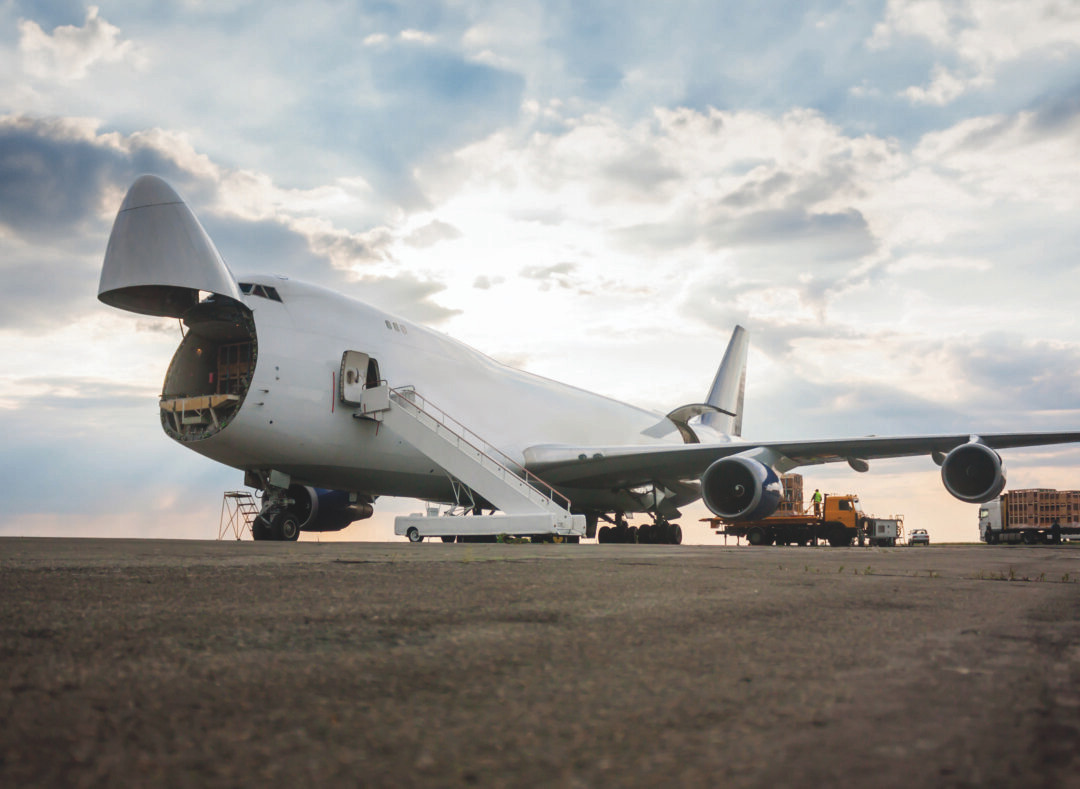
In the world of space logistics, the cost of delay can be water. A single illuminated plane – a case known as the Earth (AOG) – can speak hundreds of thousands of dollars per day. In an environment in which urgency is everything, logistics providers must provide more than just speed; They must provide accuracy, flexibility and level of experience that does not leave anything for chance.
“There is no vertical as space, as the risk of financial loss and the penalty for the customer is very high,” said Robert Job, Vice President of the Air Partners. “One plane can cost for one day the transportation company, perhaps three or four hundred thousand dollars. These best customers expect, and they are fully prepared to pay for that.”
Speed through experience
For air space logistics, it is not only about moving parts from A to B – it relates to this within hours, across the border, and often limits bureaucratic or geopolitical obstacles. Job explained that their approaches are a hybrid group of high -level rented mediation and redoured shipping from door to door, rooted in specialized partnerships through truck transport, customs clearance, and re -charging.
“It is a hybrid approach,” he said. “You have the ability to buy at the top of the market, and also at the top of the carrier. You can make a phone call well that you have a reservation-but you need to achieve things.”
And making things happen sometimes means exceeding political complications. “Sometimes, when the phone rings at a certain time of the day, you know it is a very serious inquiry,” Job said. “You should be able to avoid political geography to find a solution. This may be due to a plane registration, lighting permissions, or even the customer of the customer. You have to direct the customer through weeds.”
From avoiding the registered airspace to ensure customs clearance in unfamiliar judicial states, the job requires detailed knowledge of operation and flexibility in adaptation during flying. Job added: “You have to know how to reach it and how to put it in the hands of the engineer when he needs it.”
The human factor
Despite the increase in digitization through the logistical services industry, JUBB stressed that personal relationships and cultural knowledge still push successful results. He said: “Language and culture are still key to make many things happen.” “There are a lot of our competitors who are huge multinational charging … but they are able to take advantage of local relationships when you need this invaluable.”
This precise use of reliable partners is especially important when the time is essence. “We focus a lot on seeking help from people only, and it is thanks when we know that we need it – something that will reserve it,” he said. “Even our airlines suppliers tell us,” O comrades only ask us irregularly about the charter, but when you do it, he is serious – and his books. “
Jubb explained that Aerospace space customers require more than just logistics-they require guidance through complex and high pressure scenarios. Many of these customers, such as directing the shipping themselves, lost a lot of institutional knowledge during Covid-19. “It was not possible – the company could have been kept alive,” he pointed out. “Now we have to take them on a trip with us again.”
This trip involves education. He said: “As long as you understand the geopolitical requirements, customs clearance, truck transport restrictions, and permits restrictions on excess display-you can build a picture and provide two or three options for the customer to make a completely enlightened decision.”
Technology, compliance and OBC feature
Although relationships remain central, technology has a supportive role for play – especially when it comes to compliance and vision.
“Technology is great – as long as you do not depend completely on that,” Job explained. “We use tools to determine the directives or transport companies that we may not think automatically … but on the part of the customer, it comes to compliance. They want a full library of all their documents available with a touch of finger.”
This is because customs audits are now fixed across many markets. “Shipping was a very heavy industry,” he said. “Now, we move on to a digital world – but collecting it in a way that the customer can really help her in audit operations. We see that as one of the largest drivers now.”
And when the fastest air options are not able to ensure timely delivery, the OBC’s fisheries are increasingly vibrant – especially in areas where processing agents or traditional goods operations slow down. “You buy time again through OBC,” said Job. “It is not the time of the flight-it’s the time for recovery. The airline may spread a two-hour product, but the truck waiting menu to capture the charge is 10 hours long. OBC wins because it goes beyond this delay.”